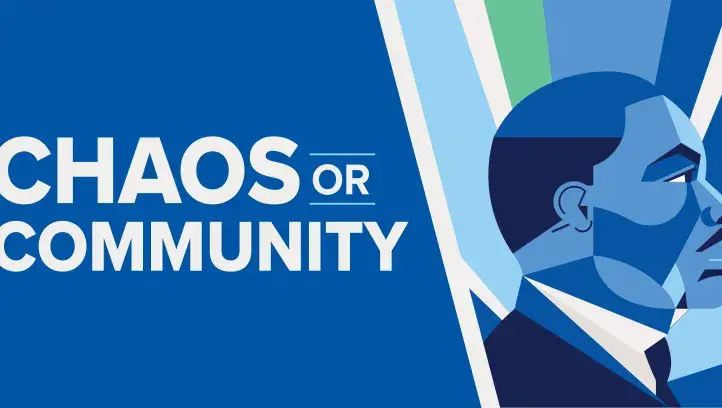
The mentorship advantage: not just a nicety, but a necessity

A recent Forbes article asserts that “empowering young talent is one of the best investments company executives can make.”1
The importance of mentoring is garnering more attention within the corporate sphere. This is good news, as employees who are mentored tend to experience higher job satisfaction and retention rates, and thus are more loyal to their employers, among other benefits.
But if you are still on the fence about whether it is worth your while to seek out a mentor or be one yourself, read on. The paybacks are many, and the drawbacks, nonexistent.
Mentorship versus Sponsorship
It’s important to distinguish between mentorship and sponsorship. Both drive desirable outcomes, both at work and in personal life, but each does so from a different perspective.
Laurie Baedke, MHA, FACHE, FACMPE, director of Healthcare Leadership Programs at Creighton University and program director for Creighton's Executive MBA in Healthcare Management, outlines the distinguishing characteristics of a mentor and a sponsor.
A mentor is:
- someone who has knowledge and shares this knowledge with you
- someone who talks to you
- is development driven
A sponsor is:
- someone who has power and will use it for you
- someone who talks about you
- is advancement driven
In other words, a mentor seeks to develop leadership and other skills in you by offering his or her experience-based guidance and advice, whereas a sponsor uses his or her power to advance your career path.
Mentoring programs in business abound, says Baedke, but a growing body of evidence confirms that women tend to be over-mentored and under-sponsored. They have mentors who help hone leaderships skills but are still not rising through the corporate ranks because too few individuals who hold positions of power and influence in our organizations and professions intentionally seek out individuals diverse from themselves to develop and then advance to leadership positions. Women and others from under-represented groups need to be mentored AND sponsored.
Benefits of mentorship
Access to allies
Quite simply, virtually no drawbacks are associated with mentoring. Individuals who are mentored in the workplace thrive. They are:
- better prepared for promotions and have higher success rates in their positions
- stay at their organization longer
- feel more satisfied with their jobs and careers
- rate higher on performance measures
- are perceived as more innovative and creative (a byproduct of brainstorming with a seasoned pro who is a safe sounding board for new ideas)
- show higher resilience to setbacks
- have stronger networks
Business case for mentorship and sponsorship
And why should organizations foster a culture of mentorship/sponsorship? Because such an environment:
- creates a strong ROI by building bench strength to meet immediate needs and providing for succession planning to address future needs
- promotes a diverse and welcoming corporate culture, which attracts talent from varied demographics
- helps bolster employee well-being, including career, social, financial, physical and community well-being
Taking a holistic approach to mentorship
The most common mentorship scenario, or at least the one that most often comes to mind, is the older veteran taking the young newcomer under wing. And this is certainly true. But Baedke reminds us that “mentors can show up in so many different ways.” It’s important to try to foster relationships throughout your career and to draw these relationships from different sources.
- Traditional mentor: the seasoned sage who shows the newbie the ropes
- Peer mentor: a co-worker from another department or contemporary from a separate company or different industry for approachable less intimidating formation
- Reverse mentor: benefits are two-way, with established employee gaining new skills or insights from younger ones
- Mentoring teams: a collection of individuals who are assembled to offer unique individual or actively collaborative contributions to one’s development, performance and advancement
- Sponsors: those who take mentorship role a step further to advocate on mentee’s behalf by recommending them for roles, sharing their network and opening doors of opportunity
Baedke advises leaders to intentionally curate a “board of advisors” around themselves and consistently work to sustain that network over time. Be strategic. Why not double up? You have nothing to lose and everything to gain in both life and leadership – greater well-being, job satisfaction, compensation, career advancement, social and work networks.






